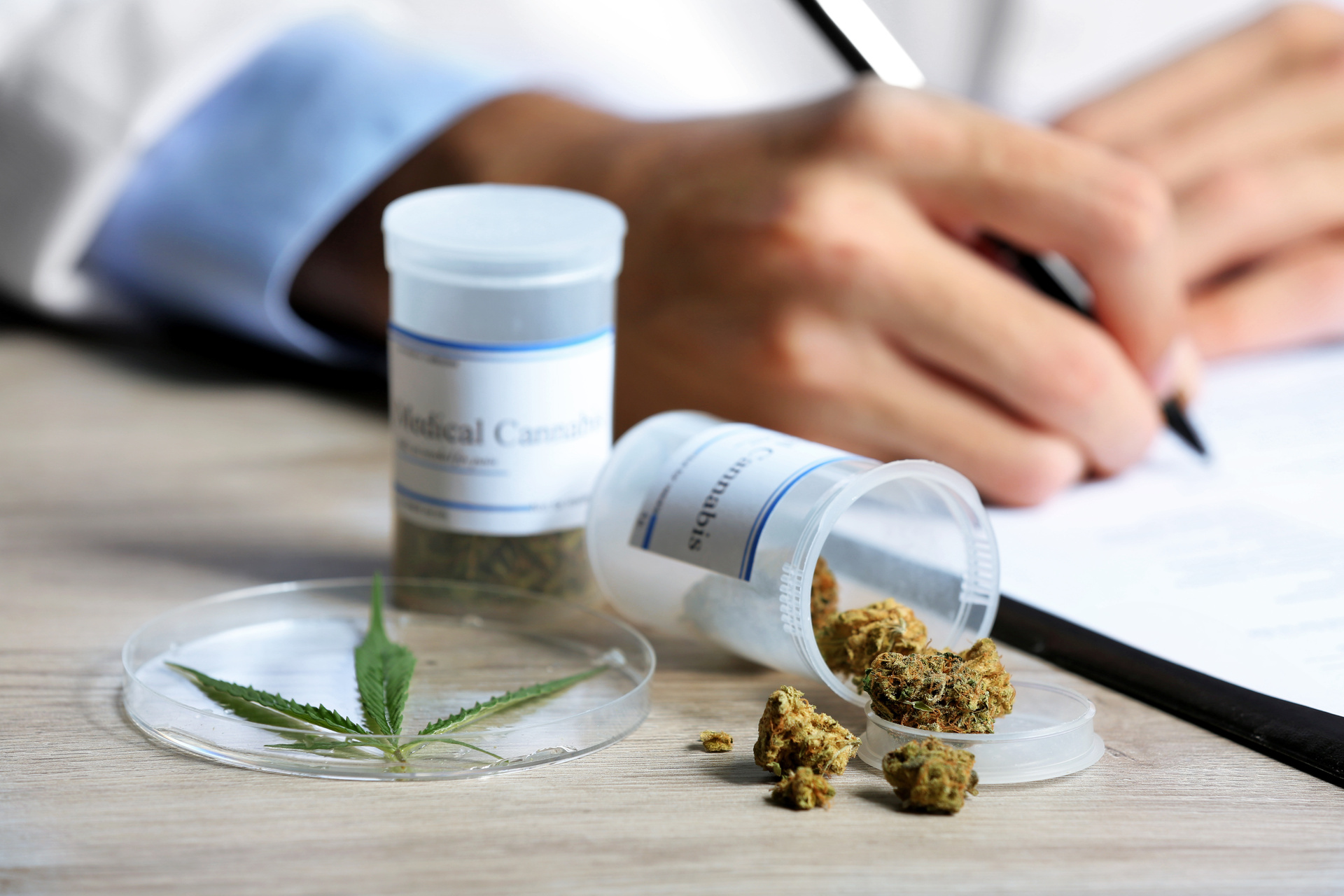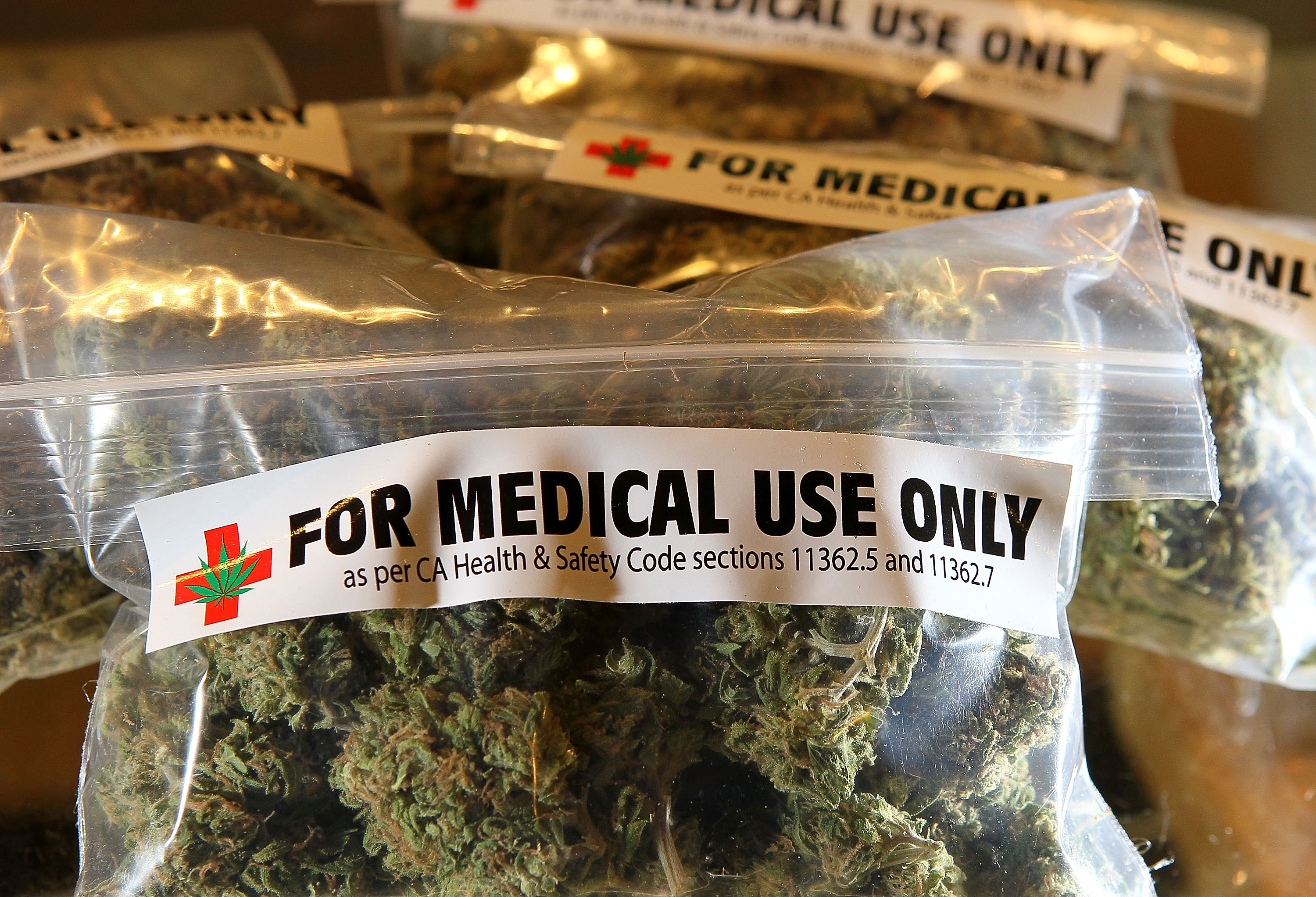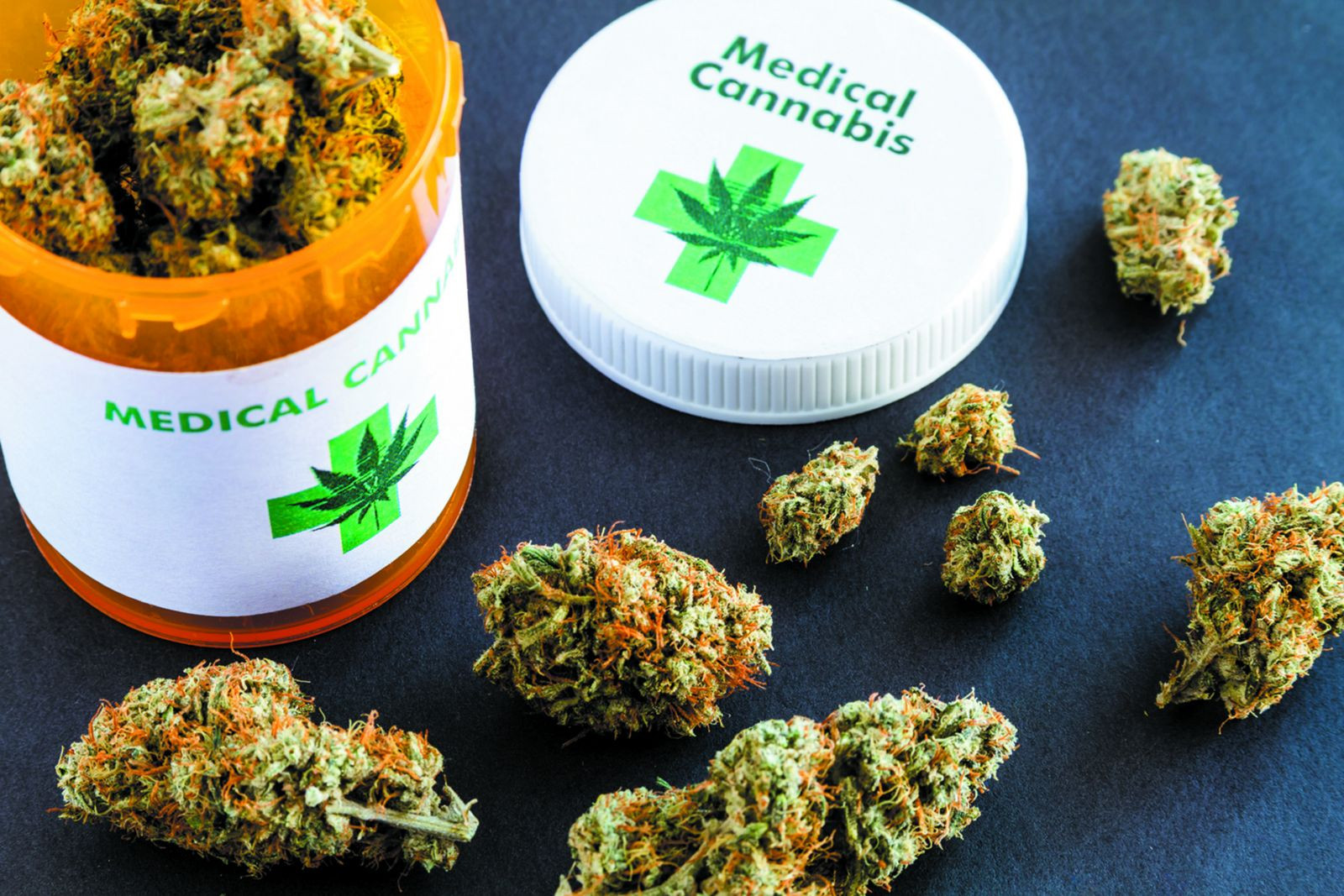Shedding Light on What Medical Marijuana Can Heal: a Thorough Analysis of Its Therapeutic Qualities
In recent years, there has actually been a growing passion in the restorative capacity of clinical cannabis. While unscientific proof abounds, a complete examination of the scientific data relating to the effectiveness of clinical cannabis in dealing with these conditions is necessitated.
Chronic Pain Monitoring
Chronic pain management stays a vital facet of healthcare, necessitating a detailed technique for effective treatment. In recent times, medical marijuana has emerged as a prospective restorative option for people experiencing persistent discomfort problems. The endocannabinoid system, which plays an essential function hurting inflection, has been targeted by cannabis-based treatments to ease signs and symptoms and improve lifestyle for patients.

In addition, clinical cannabis offers an appealing option for individuals who experience intolerable negative effects from traditional pain drugs. Its capacity to deal with pain with a different device makes it a beneficial enhancement to the toolbox of treatments available for persistent pain management.
Epilepsy Treatment Possible
Clinical cannabis has actually revealed appealing potential in the therapy of epilepsy, using an unique healing method for managing seizures in individuals. Epilepsy is a neurological disorder defined by frequent seizures, influencing people of every ages. Conventional treatments for epilepsy consist of antiepileptic medicines, yet these medicines might not be efficient for all patients and can have considerable side impacts.
Study on using clinical marijuana for epilepsy has disclosed encouraging results. Cannabidiol (CBD), a non-psychoactive compound located in marijuana, has actually been particularly highlighted for its anticonvulsant properties. Researches have shown that CBD can lower the regularity and intensity of seizures in patients with treatment-resistant types of epilepsy, such as Dravet disorder and Lennox-Gastaut syndrome.
Additionally, the FDA has actually approved a CBD-based medicine, Epidiolex, for the therapy of seizures connected with these extreme forms of epilepsy. This turning point emphasizes the growing acknowledgment of medical cannabis as a useful healing choice for managing epilepsy and offers expect people that have actually not reacted well to conventional treatments.
Queasiness Relief Conveniences
The relief of queasiness via making use of cannabis has been progressively acknowledged for its healing benefits in numerous clinical problems. Nausea or vomiting and throwing up prevail signs and symptoms experienced by patients undergoing chemotherapy, those with food poisonings, and individuals with chronic pain conditions. Clinical marijuana, with its energetic substances such as THC and CBD, has actually shown pledge in supplying remedy for queasiness.

Furthermore, medical cannabis offers a natural alternative for individuals who do not respond well to traditional anti-nausea medications or who experience serious negative effects from these medications. Clients going through radiation treatment, specifically, have actually reported considerable enhancements in their lifestyle when using marijuana to handle queasiness. As research in this field proceeds to grow, medical marijuana is progressively being considered as a useful choice for nausea alleviation in different clinical settings.
Anxiety Decrease Impacts
Studies have demonstrated the possibility of marijuana in decreasing anxiousness symptoms via its interaction with the endocannabinoid system. The endocannabinoid system plays an important role in regulating feelings, consisting of anxiousness, advice by keeping homeostasis in the body. Cannabinoids in marijuana, such as THC and CBD, communicate with the endocannabinoid receptors in the brain, especially the link CB1 and CB2 receptors, to regulate anxiety-related reactions.

Individuals with problems like generalised anxiety condition (GAD), social anxiety condition, and trauma (PTSD) might take advantage of the anxiolytic residential or commercial properties of marijuana (Medical Marijuana near me). More research is needed to figure out optimum does, delivery techniques, and long-lasting results on anxiousness monitoring.
Potential for Inflammation Control
With its recognized anti-inflammatory properties, cannabis has shown pledge in possibly regulating swelling within the body. Swelling is the body's all-natural feedback to injury or infection, but when it becomes chronic, it can add to various illness such as joint inflammation, inflammatory digestive tract illness, and also heart illness. Research suggests that the cannabinoids found in cannabis, such as THC and CBD, can aid manage the immune action and lower inflammation.
Research studies have actually shown that cannabis can interact with the endocannabinoid system, which plays a vital function in Web Site managing inflammation. By targeting the cannabinoid receptors, cannabis compounds can regulate the immune action, causing a decline in swelling levels. This makes marijuana a possible candidate for handling inflammatory problems where traditional therapies have actually failed.
In addition, cannabis-derived items like CBD oil have obtained appeal for their anti-inflammatory residential or commercial properties, with numerous people using them as a natural solution for conditions connected with inflammation. While even more research is required to fully comprehend the devices behind cannabis's anti-inflammatory effects, current searchings for show appealing results for the prospective usage of medical marijuana in controlling inflammation.
Verdict
Finally, medical marijuana has actually shown encouraging restorative residential properties in managing persistent discomfort, treating epilepsy, soothing queasiness, reducing stress and anxiety, and controlling swelling. Its potential advantages in various medical problems highlight the value of further research and exploration right into its medical use. The proof recommends that medical cannabis could be a valuable option therapy alternative for clients looking for remedy for a variety of conditions and signs and symptoms.
In recent years, clinical marijuana has actually emerged as a prospective healing choice for individuals enduring from chronic discomfort conditions.Medical marijuana has actually revealed promising possibility in the therapy of epilepsy, providing a novel restorative strategy for managing seizures in individuals. As study in this location proceeds to grow, medical cannabis is significantly being taken into consideration as an important choice for queasiness alleviation in numerous clinical setups.
In conclusion, clinical marijuana has shown appealing restorative residential or commercial properties in handling chronic pain, dealing with epilepsy, alleviating queasiness, lowering anxiety, and regulating swelling. The proof suggests that clinical cannabis could be an important option treatment choice for individuals seeking alleviation from a variety of conditions and signs and symptoms.